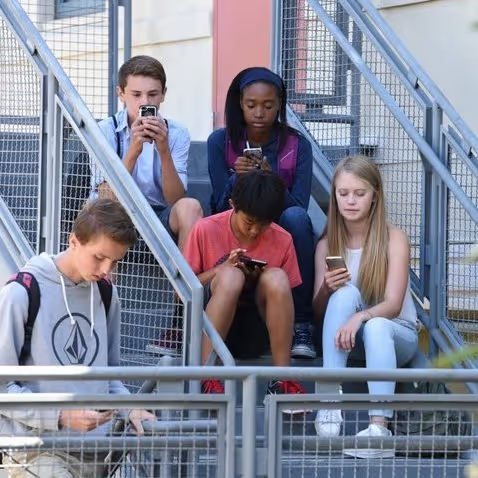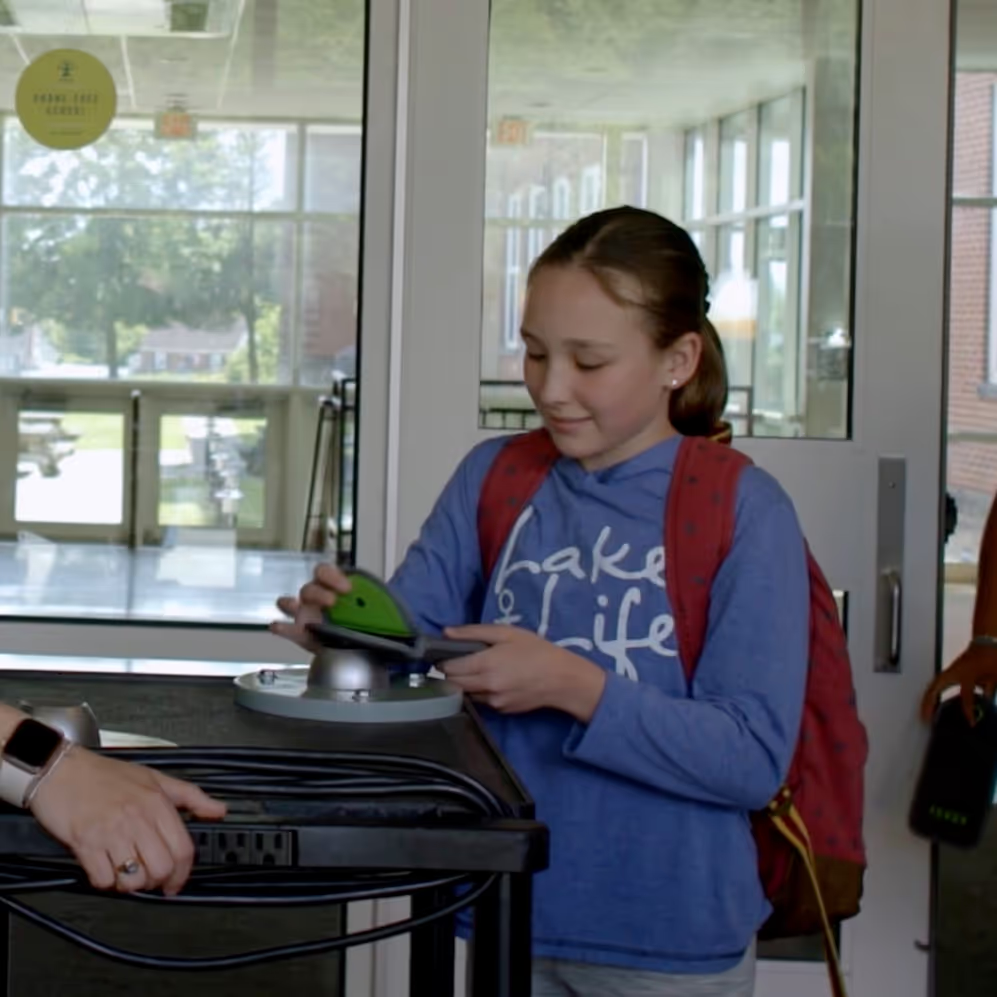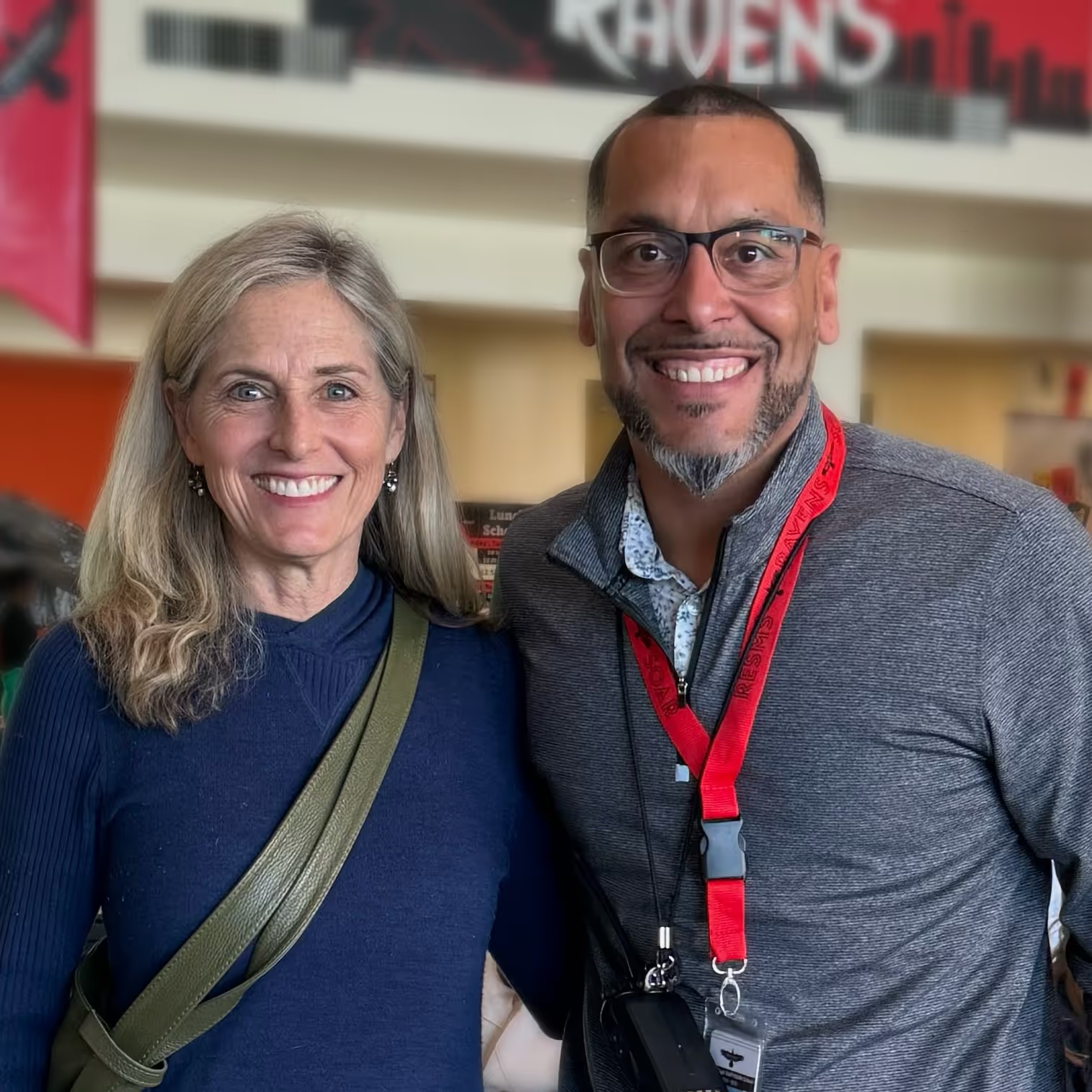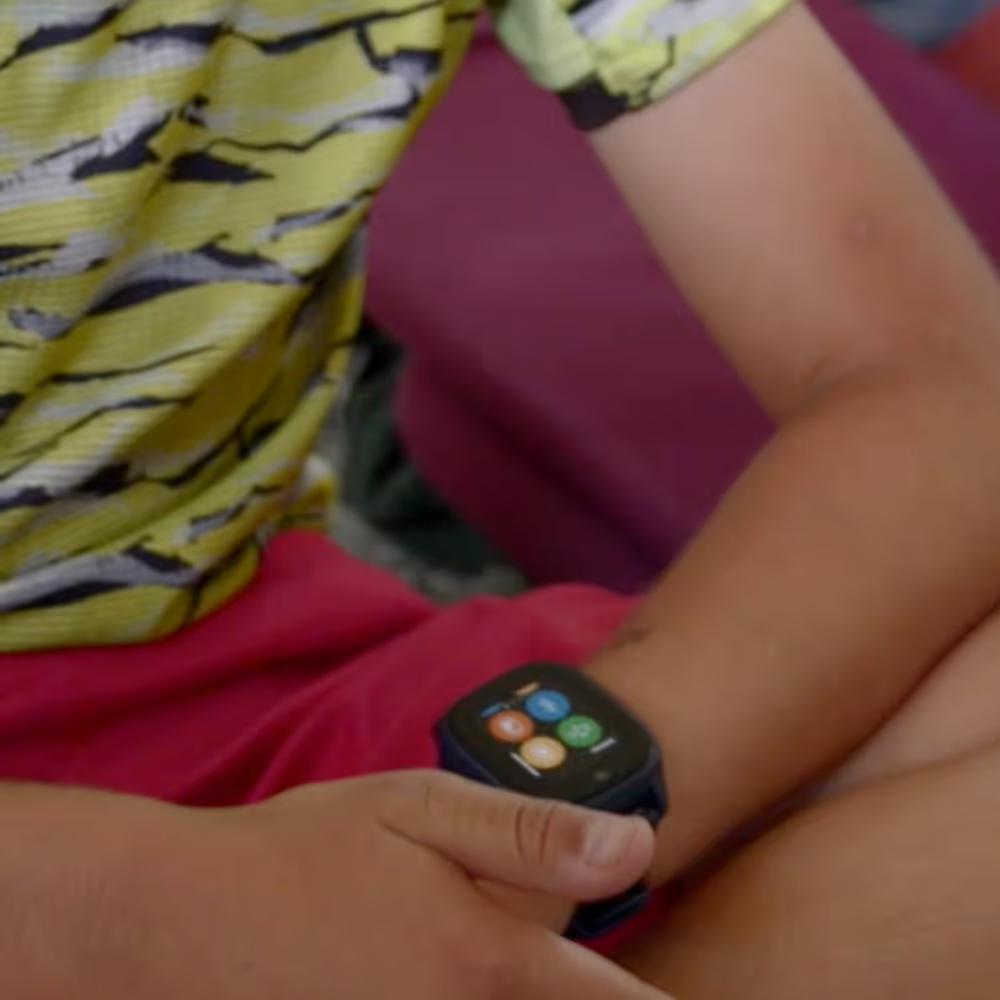


If you were asked to give up your phone one day a week for $100, would you do it? In June, Dr. Diana Smith, the principal of Washington Latin, a public charter school in Washington DC, challenged the 8th and 9th grade students to forgo any type of screen time—phone, television, tablet, video game consoles, etc.—every Tuesday over the entire summer.
If a student successfully completed “No-Tech-Tuesday” by staying away from technology for every one of the summer’s 11 Tuesdays, had written verification from two adults, and wrote an essay detailing what they learned from being technology-free, Dr. Smith would give them $100 of her money. To fund the $100 per student prize Dr. Smith canceled her cable TV service. Of the 160 students in the 8th and 9th grades, 30 students qualified for the prize.
Dr. Smith started the No-Tech-Tuesday challenge in response to seeing so many of her students struggle with setting and maintaining screen-time limits, so much so that their habits, especially around peer interactions, were suffering. “I wanted the students to discipline themselves … in order to understand what happens to their lives without technology.”
Learn more about showing our movies in your school or community!
Join Screenagers filmmaker Delaney Ruston MD for our latest Podcast

Learn more about our Screen-Free Sleep campaign at the website!
Our movie made for parents and educators of younger kids
Learn more about showing our movies in your school or community!
Learn more about showing our movies in your school or community!
Join Screenagers filmmaker Delaney Ruston MD for our latest Podcast

Learn more about our Screen-Free Sleep campaign at the website!
Our movie made for parents and educators of younger kids
Join Screenagers filmmaker Delaney Ruston MD for our latest Podcast
As we’re about to celebrate 10 years of Screenagers, we want to hear what’s been most helpful and what you’d like to see next.
Please click here to share your thoughts with us in our community survey. It only takes 5–10 minutes, and everyone who completes it will be entered to win one of five $50 Amazon vouchers.
If you were asked to give up your phone one day a week for $100, would you do it? In June, Dr. Diana Smith, the principal of Washington Latin, a public charter school in Washington DC, challenged the 8th and 9th grade students to forgo any type of screen time—phone, television, tablet, video game consoles, etc.—every Tuesday over the entire summer.
If a student successfully completed “No-Tech-Tuesday” by staying away from technology for every one of the summer’s 11 Tuesdays, had written verification from two adults, and wrote an essay detailing what they learned from being technology-free, Dr. Smith would give them $100 of her money. To fund the $100 per student prize Dr. Smith canceled her cable TV service. Of the 160 students in the 8th and 9th grades, 30 students qualified for the prize.
Dr. Smith started the No-Tech-Tuesday challenge in response to seeing so many of her students struggle with setting and maintaining screen-time limits, so much so that their habits, especially around peer interactions, were suffering. “I wanted the students to discipline themselves … in order to understand what happens to their lives without technology.”
Sign up here to receive the weekly Tech Talk Tuesdays newsletter from Screenagers filmmaker Delaney Ruston MD.
We respect your privacy.
If you were asked to give up your phone one day a week for $100, would you do it? In June, Dr. Diana Smith, the principal of Washington Latin, a public charter school in Washington DC, challenged the 8th and 9th grade students to forgo any type of screen time—phone, television, tablet, video game consoles, etc.—every Tuesday over the entire summer.
If a student successfully completed “No-Tech-Tuesday” by staying away from technology for every one of the summer’s 11 Tuesdays, had written verification from two adults, and wrote an essay detailing what they learned from being technology-free, Dr. Smith would give them $100 of her money. To fund the $100 per student prize Dr. Smith canceled her cable TV service. Of the 160 students in the 8th and 9th grades, 30 students qualified for the prize.
Dr. Smith started the No-Tech-Tuesday challenge in response to seeing so many of her students struggle with setting and maintaining screen-time limits, so much so that their habits, especially around peer interactions, were suffering. “I wanted the students to discipline themselves … in order to understand what happens to their lives without technology.”

This year, millions of students are experiencing a major shift: school days without phones, smartwatches, or other personal devices. Today we explore the wins, hurdles, and solutions helping schools succeed. We also share our resources that you can use to support technology policy changes in your schools.
READ MORE >
I recently sat down with middle school principal Zach at his school in Washington State. We talked about the challenges Zach and his team faced in his early years as principal when students used phones during school, and how he brought about a powerful transformation by having phones and smartwatches put away in locked pouches for the whole school day. In today’s blog, to raise awareness of the challenges, I share five real examples from Zach of the troubling ways students use phones at school to be unkind.
READ MORE >
It is with great pleasure that I share with you today a piece that Lisa Tabb and I did for Jonathan Haidt's (Author of The Anxious Generation) and researcher Zack Rausch's Substack blog — After Babel. In it, we discuss the rise in use of smartwatches in elementary schools and the problems they pose. There is a real cost to arming (pun intended) our kids with these devices and sending them to school. Now is the time to stop and fully address this topic and ensure that schools become smartwatch and phone-free.
READ MORE >for more like this, DR. DELANEY RUSTON'S NEW BOOK, PARENTING IN THE SCREEN AGE, IS THE DEFINITIVE GUIDE FOR TODAY’S PARENTS. WITH INSIGHTS ON SCREEN TIME FROM RESEARCHERS, INPUT FROM KIDS & TEENS, THIS BOOK IS PACKED WITH SOLUTIONS FOR HOW TO START AND SUSTAIN PRODUCTIVE FAMILY TALKS ABOUT TECHNOLOGY AND IT’S IMPACT ON OUR MENTAL WELLBEING.
